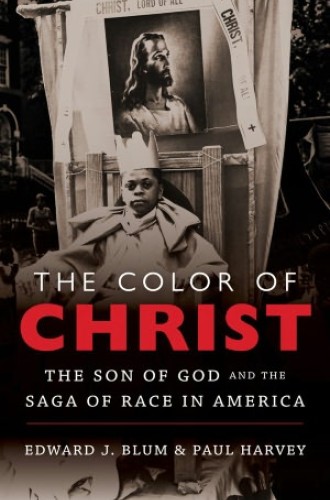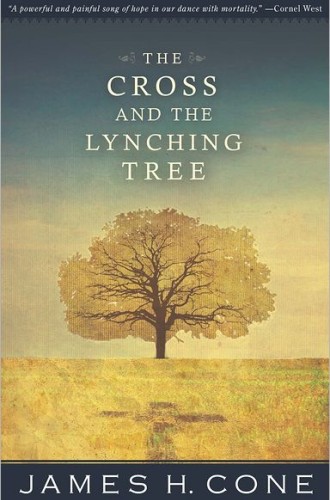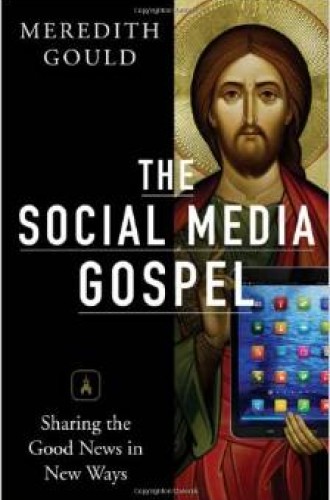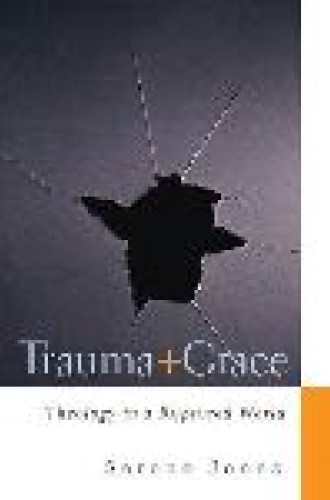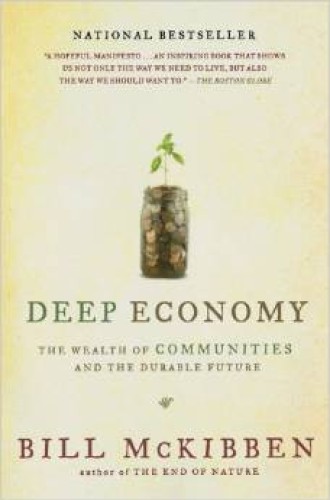Carol Howard Merritt's favorite books for ministry
What are the best books for ministry written in the 21st century? We asked seven pastors to pick their favorites. — Ed.
As Christians, we portray Jesus in stained glass, sermons, Sunday school, and sitcoms. The Color of Christ: The Son of God and the Saga of Race in America, by Edward J. Blum and Paul Harvey (University of North Carolina Press), takes a perceptive look at the ways we depict the Son of God in the context of our racial history. It has thoroughly changed my perspective.
The book of Acts says, “They put him to death by hanging him on a tree.” In The Cross and the Lynching Tree (Orbis), James Cone has meditated on those words and given us shuddering insight into the two powerful symbols of crucifixion and lynching. As our nation mourns the shootings of unarmed black men and boys, my mind turns to Cone’s theology. He provides an unflinching look at history, an understanding of our present, and an enduring hope for liberation.
Some people practice social media, others study digital developments, and still others do church work; it’s difficult to do all of those things well. Meredith Gould stands out for her unique perspective as someone with a Ph.D. in sociology who is a practitioner of social media and a person of faith. With The Social Media Gospel: Sharing the Good News in New Ways (Liturgical Press), Gould has managed to preserve sacred traditions while embracing new ways of communicating.
Serene Jones’s Trauma and Grace: Theology in a Ruptured World (Westminster John Knox) is densely packed with wisdom, and I continually return to it in my preaching, writing, and teaching. Jones joins reflections on trauma recovery, John Calvin, and the Psalms to name the pain of the world. Her words ease the aching souls of those who work with victims of domestic violence, with people affected by war, or with those who suffer from terrorist attacks.
Bill McKibben dismantles many myths that drive our culture—and our churches. His book Deep Economy (St. Martin’s Griffin) speaks against the “bigger is better” mentality and our longing for independence while drawing us into deeper relationships. His work reflects his tireless environmental activism. His hopeful vision has endless applications for faith communities.


